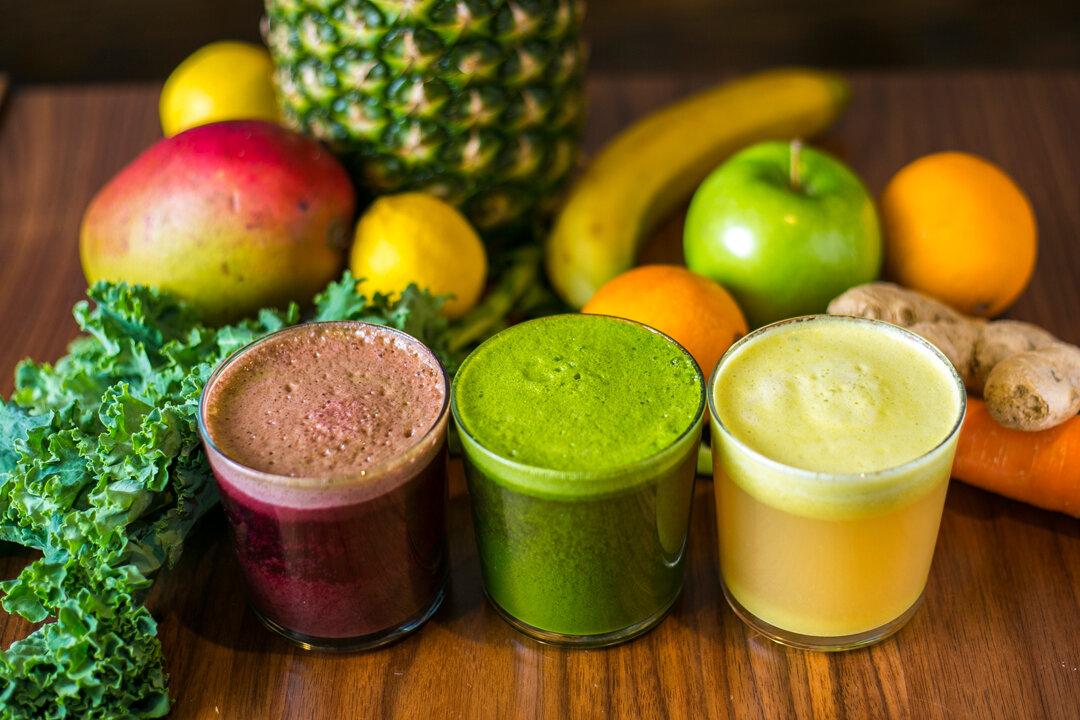Commentary
I never got the point of a vegan diet. I dislike its cultish mindset. And I regard New Year’s resolutions as prelude to failure.

I never got the point of a vegan diet. I dislike its cultish mindset. And I regard New Year’s resolutions as prelude to failure.